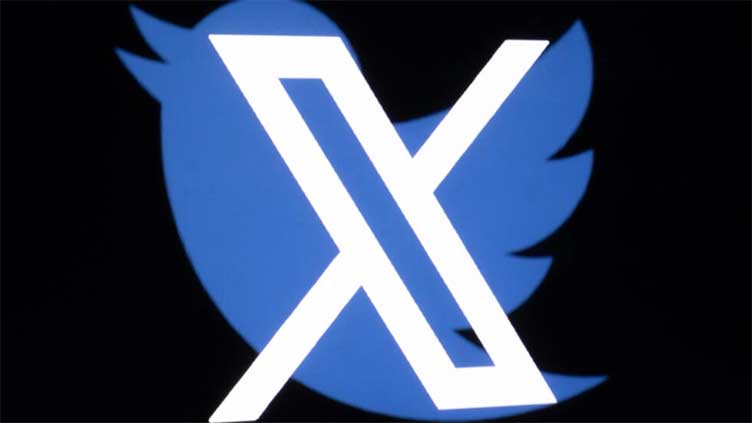EU warns Musk's X spreading 'illegal' disinfo after Hamas attack

World
Musk, responding later on X, invited Breton to "please list the violations you allude to"
BRUSSELS (AFP) – The EU's digital chief Thierry Breton warned Elon Musk on Tuesday that his platform X, formerly Twitter, is spreading "illegal content and disinformation", in a letter seen by AFP.
The letter said concerns had heightened after the Hamas attack against Israel, and demanded Musk respond to the complaint within 24 hours and contact "relevant law enforcement authorities".
As the European Union's commissioner for industry and the digital economy, Breton is charged with regulating internet giants that trade within the bloc, and can launch legal action.
"Following the terrorist attacks carried out by Hamas against Israel, we have indications that your platform is being used to disseminate illegal content and disinformation in the EU," Breton wrote.
Breton reminded Musk that EU law sets tough rules on moderating content, "especially when it comes to violent and terrorist content that appears to circulate on your platform".
He asked that X respond to his complaint within 24 hours and also get in touch with Europol, the EU police coordinating agency.
"We will include your answer in our assessment file on your compliance with the DSA," Breton said, referring to the new EU Digital Services Act, which regulates online platforms.
"I remind you that following the opening of a potential investigation and a finding of non-compliance, penalties can be imposed," it said.
Musk, responding later on X to a user who had posted the letter, invited Breton to "please list the violations you allude to".
"Our policy is that everything is open source and transparent, an approach that I know the EU supports," Musk wrote.
Hate and violence
Brussels has previously complained that, among the large-scale internet platforms that fall under the DSA remit, Musk's Twitter now rebranded X spreads the biggest proportion of disinformation.
In August, when the new law came into effect, Musk replied to a post by Breton promising that the platform was "working hard" to comply, but there have been more warning signs.
While the rules were still voluntary, the firm pulled out of an oversight group, and Musk – a self-styled "free speech absolutist" – has been dismissive of criticism in his personal posts.
In September, the billionaire tech mogul boasted that he had cut half of its global team dedicated to monitoring and limiting disinformation and fraud around major elections.
Since Saturday's shock attack on Israeli communities by the Hamas militant group, web platforms have been swamped by posts containing fake or misrepresented reports and footage.
While the confirmed death toll in the renewed war has now passed 3,000 – unconfirmed, exaggerated or false reports of atrocities have also proliferated.
Experts fear these moves have increased the risk of misinformation provoking real-world harm, amplifying hate and violence.

